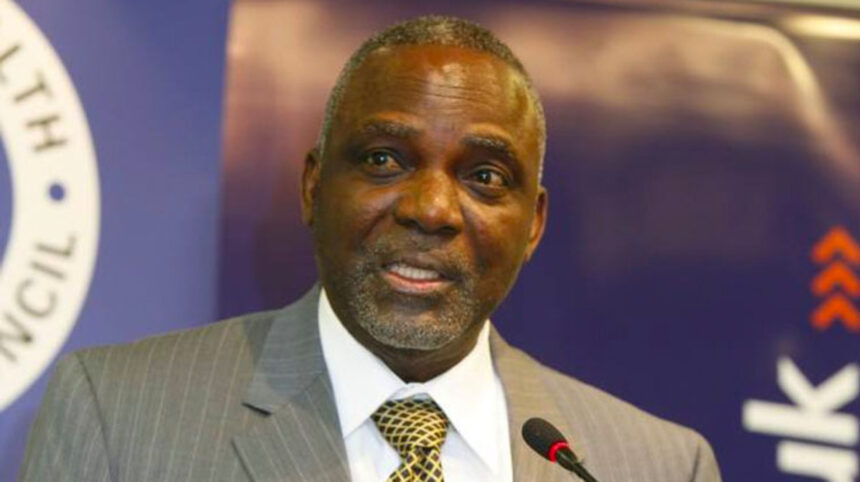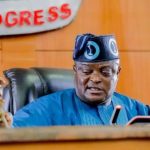Lagos State requires at least 6,000 megawatts of electricity, according to former Minister of Power and Chairman of Geometric Energy, Professor Barth Nnaji.
Speaking at the inaugural Lagos Energy Summit, Professor Nnaji emphasized that with the implementation of the 2023 Power Sector Act, the Lagos State Government can take significant steps to establish power stations and advance its energy infrastructure.
The theme of the summit was “Journey to Energy for All.” Professor Nnaji highlighted the urgent need to provide electricity to millions of Nigerians who currently lack access.
“Currently, about 80 million Nigerians do not have access to electricity, which is unacceptable in the 21st century,” he stated.
The summit was organized by the Lagos State Ministry of Energy and Mineral Resources. The 2023 Power Sector Act allows state governments to operate their own electricity markets by creating their own regulatory commissions.
Professor Nnaji remarked that, given the current situation, it will be challenging for the Federal Government to generate the required power in Nigeria. Therefore, he stressed that the private sector should take the lead, with support from state governments.
He encouraged the Lagos State Government to learn from Rivers and Akwa Ibom States by conducting an audit to determine the actual power needs of Lagos.
He expressed his approval that the existing electricity distribution companies in Lagos, IKEDC and EKEDC, are establishing subsidiaries.
“This is very important because the size of DisCos in Nigeria is so big. For example, Ibadan, Benin, and so on, they’re just so big.
“You need smaller DisCos or franchises so that they’re able to operate. I imagine that you could have for Eko, Victoria Island, Ikoyi areas of smaller discos, whereby your embedded power, which I believe is what you’re planning, will now essentially do what we have learned. That emergency power we did in Abuja was reliable because it was embedded.
“It didn’t have to go to national grid. The one that we have in Aba is embedded power, so it doesn’t have to go to the national grid,” Professor Nnaji said.
He warned the state governments against reversing the privatisation of the power, saying they should note that the federal government failed to run such a model.
Speaking, Lagos State Governor Babajide Sanwo-Olu, said his administration is committed towards making Lagos not just a mega city, but a smart city, where no community should be left behind in the pursuit of development.
He assured that his administration would address the issue of energy access in a sustainable manner.
“We believe that no home should remain in darkness, not in the 21st century.
Earlier, the Commissioner for Energy and Mineral Resources in Lagos State, Mr Abiodun Ogunleye, said that time has come to secure energy for all inhabitants of Lagos.
He recalled that the various studies the ministry conducted indicated that 72 per cent of our households own one generator or the other, 94 per cent of SMEs rely on generators, 76 per cent of market clusters cannot function without them.
“And tragically, a 2021 estimate from LASEPA puts the number of deaths from carbon monoxide pollution at over 30,000 people annually, ” he said.
READ MORE FROM: NIGERIAN TRIBUNE
WATCH TOP VIDEOS FROM NIGERIAN TRIBUNE TV
- Let’s Talk About SELF-AWARENESS
- Is Your Confidence Mistaken for Pride? Let’s talk about it
- Is Etiquette About Perfection…Or Just Not Being Rude?
- Top Psychologist Reveal 3 Signs You’re Struggling With Imposter Syndrome
- Do You Pick Up Work-Related Calls at Midnight or Never? Let’s Talk About Boundaries






